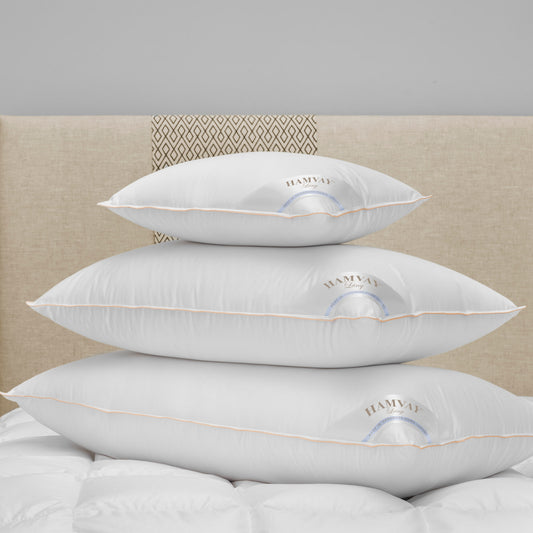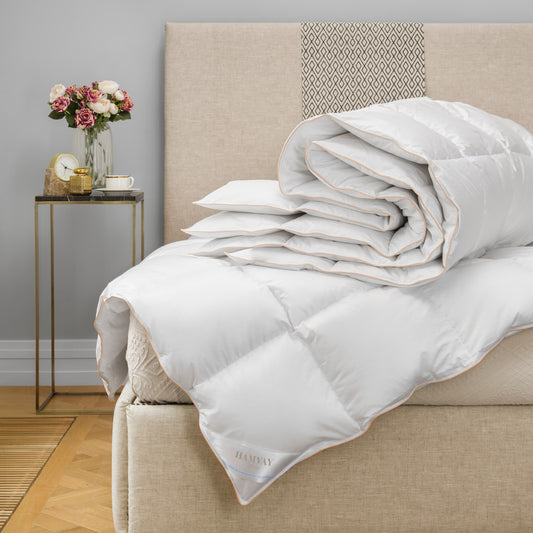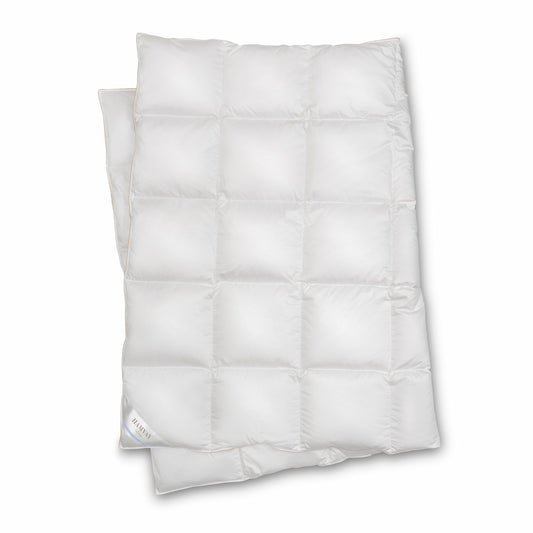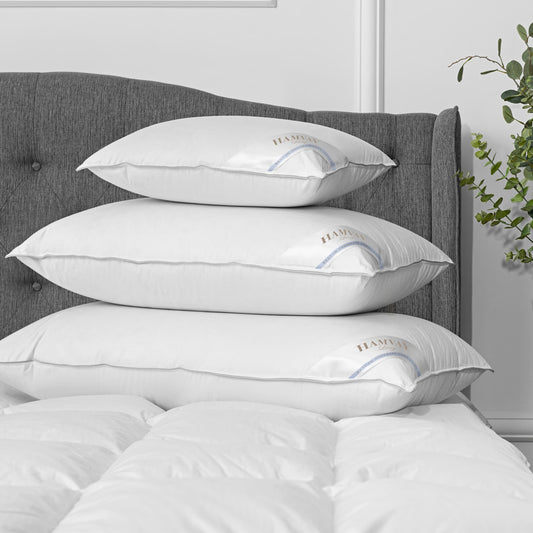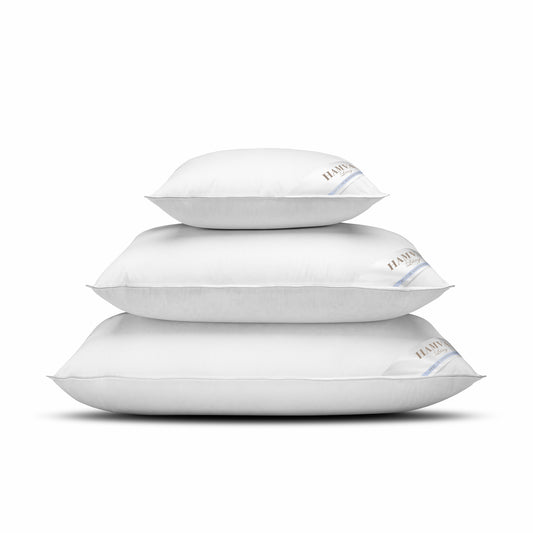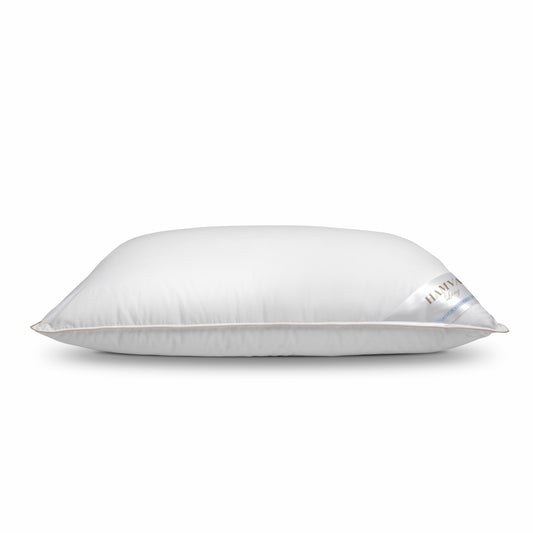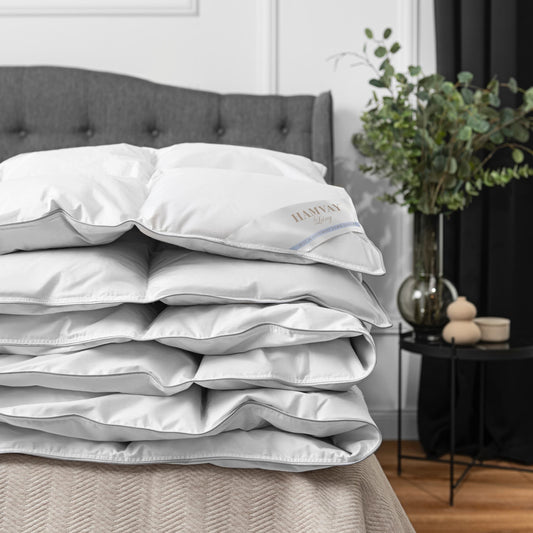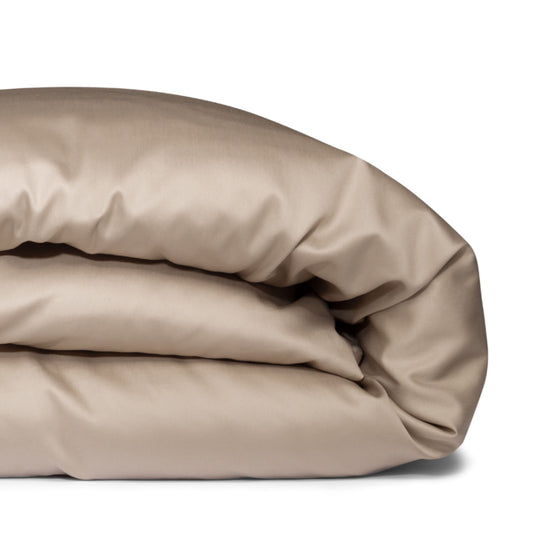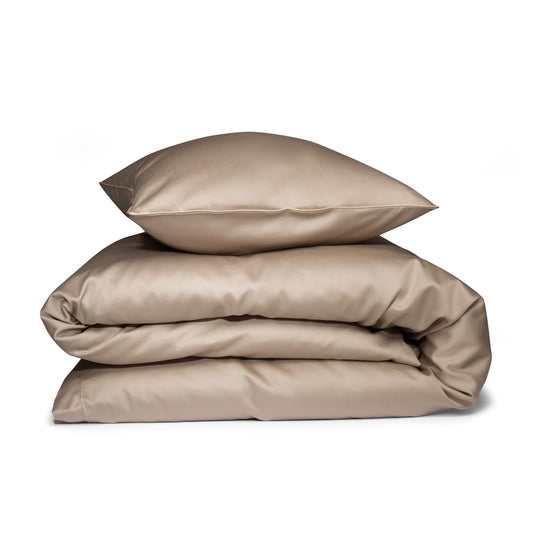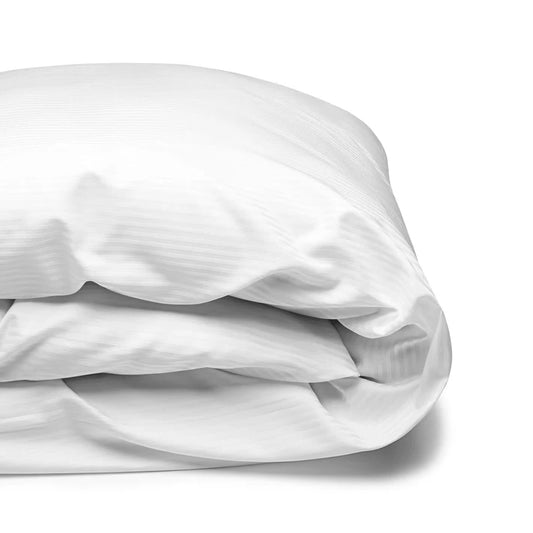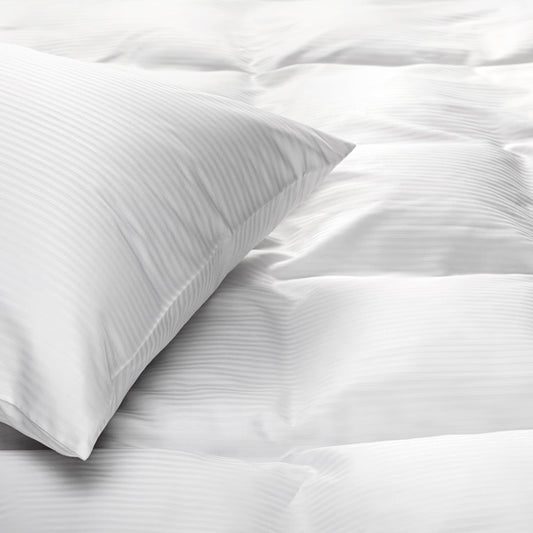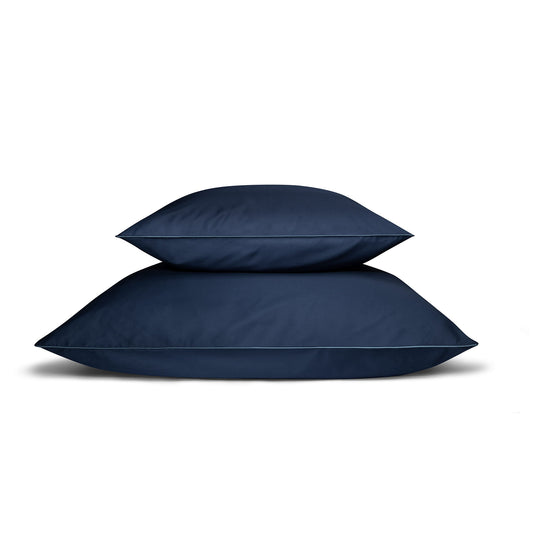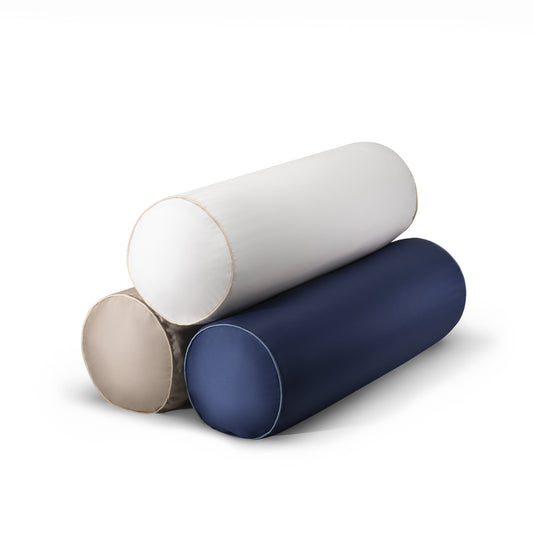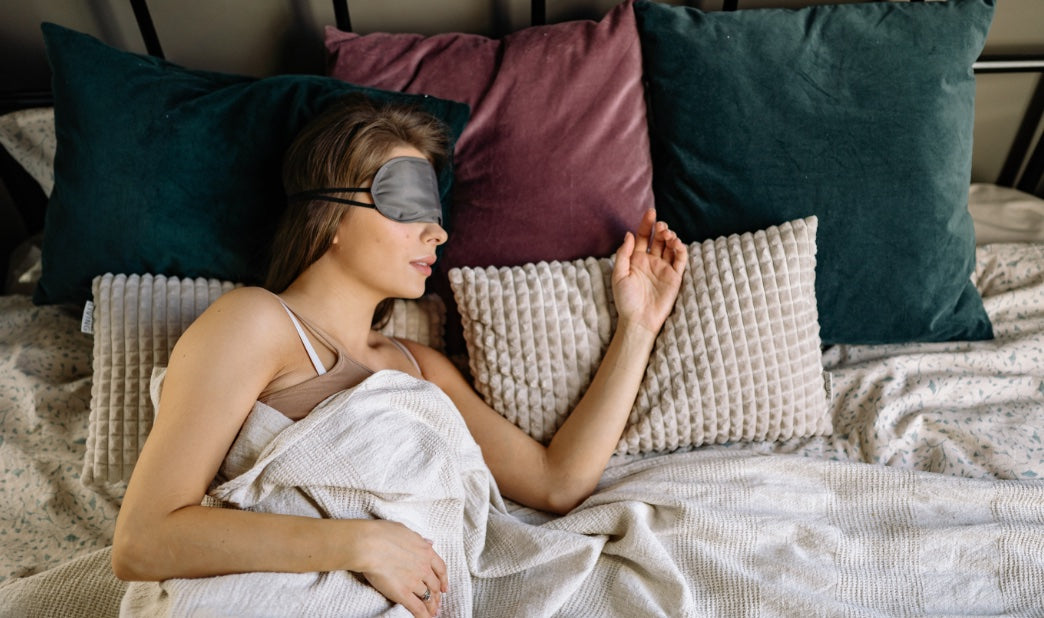
How to Get Deep Sleep?
Share
It’s really important to take a deep good night’s sleep
Night sleep is as essential for the body as the regular exercise and a healthy diet is. Several kinds of research have concluded that less or poor sleep causes negative effects on hormones, exercise performance, and brain functioning. Sleeping less also causes weight gain, and increases the rate of disease risk both on children and adults. Similarly, the good deep sleep helps to eat less, and stay active and healthier. In the past few decades, the sleeping quality, as well as quantity, has declined. Even, many people used to add medicines in their diets by visiting several clinics like the mango clinic to have enough better sleep with the active performance. The normal range of sleep is defined between the 7-9 hours range, but the quality of it is really important. So, if you want to perform well, lose weight, and stay active and healthy, it’s really important to take a deep good night’s sleep.
Here are the few evidence-based tips one can try to get deep sleep:
1- Increase the light exposure during daytime
The human body has a natural tendency to understand the everyday timings through the circadian rhythm. The circadian rhythm affects the brain, body, and hormones to stay awake and alarms the body when it’s time to sleep. The natural sunlight supports the circadian rhythm to stay healthy. This advances the day time energy as well as the quality of nighttime sleep. It’s also observed that the exposure of adults towards the sunlight 2 hours a day increases their amount of sleep by 2 hours and sleep efficiency by 80%. The people who suffer through severe sleep issues, the daily bright light exposure helps them to have deep sleep.
The daily sunlight or artificial light exposure helps to increase both the quantity and quality of sleep, especially if you are suffering from any sleep issues or insomnia.
2- Lessen blue light exposure in the evening time
Exposure to the light in the day time is useful, but in the nighttime, the light exposure causes opposite effects. Again the light affects the circadian rhythm and tricks the brain to think that it’s still the daytime. This decreases the melatonin hormones that help you to relax and take a deep sleep. The blue light is emitted from various things especially through our smartphones, laptops, computers, etc. But there are several ways to avoid it. Like, by wearing glasses that can block blue light. Several apps like f.lux and many others can be downloaded on the smartphone, laptop, or computers to block blue light. One should stop watching the TV or smartphones one to hours before going to bed.
The blue light actually tricks the body to think that it’s daytime. So, it’s best to use several ways of avoiding blue time to have proper body circle during a day and to have deep sleep at night.
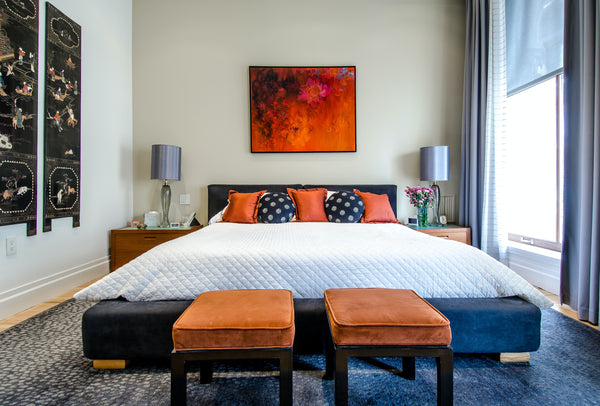
3- Improve the bedroom settings
It’s a common belief of many people that the bedroom environment and its settings are the key factors in getting a deep night’s sleep. These settings include noise, lights, temperature, and furniture arrangement. As well as the comfortable cozy pillows and comforters, matte colored bed sheets and supporting couch play an important role in the deep sleep provisions.
It is also observed that the external noises mostly of traffic can cause imbalance sleep and long term health issues. Similarly, improved sleeping quality can be observed when light and noise is diminished. The surroundings are clean and comfortable. And with the cozy comforters, and pillows there for you to lie down. To have optimized surroundings, try to reduce external sounds, lights, and artificial lights like alarm clocks, etc. Make sure your surroundings are a quiet, calm, clean, peaceful, and comfortable place to sleep.
Improve the bedroom settings including your bed comforts by all means to have a peaceful deep night sleep.
4- Set the room temperature
Both the body temperature and room temperature affects sleep quality. As we have noticed many times that in hot locations during summers, it’s always hard to get good sleep when it’s warm. Even one of the studies has proved that the bedroom temperature affects the night sleep more than the external noise. Whereas one of the studies has also declared that increased body and bedroom temperature can affect the sleep quality badly as well as it increases the restlessness. About 70°F (20°C) seems to be the best comfortable temperature to sleep for most of the people, although it depends on your habits and priorities as well.
One can test the best suitable temperature for them to feel comfortable. The comfort level varies for every one person to person.
5- Avoid late eating
Eating late at night causes negative affects both the sleeping quality and the release of HGH and melatonin. The quality and type of late times snacks play a great role in your deep sleep. One of the studies has declared that the intake of high carb meal eaten 4 hours before bedtime helps to sleep fast.
Intake of a large meal before bedtime leads to poor sleep and hormones destruction. Whereas, a certain intake of meals a few hours before bed can help to sleep early as well.
Conclusion
Deep sleep plays a vital role to maintain health. Getting less than 7-8 hours’ sleep can cause heart diseases and type 2 diabetes. So, if you are interested to maintain your health and well-being it’s highly recommended to take the deep sleep as the highest priority and to include the above tips to have good health.
Upgrade Your Sleep Experience!

